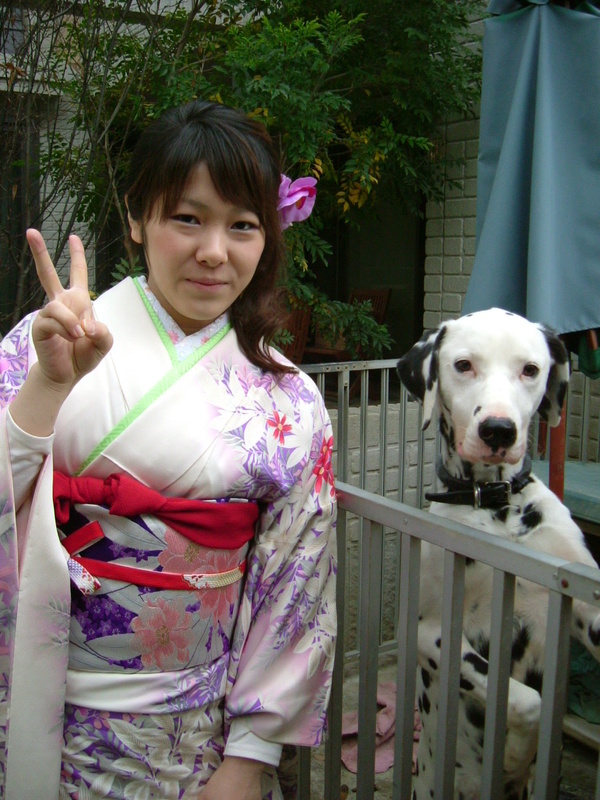It was in my university days when I felt close to Germany for the first time. Japanese medical science was installed from Germany in the Meiji era in an effort to catch up with powerful countries and there still remains an influence of Germany in Japanese medicine today. A lot of medical jargon originates from German. When I was a medical student, I was strictly required to learn German. I studied it very hard and was able to graduate from my medical school. After school, I didn't have any chance to use German in my daily life and my skill got rusty.
One day I watched a movie, "Pianist". This is the extraordinary story of one man's survival in Warsaw, 1939-1945. Official website is http://www.szpilman.net/
In one scene a warm-hearted German commander said to the protagonist, "Kommen Sie bitte." It means "Come over here, please." However, the Japanese translation was "来い!" which is "Come on!" in English. The conversation between the German commander and the poor pianist in this scene is a high point of the story. In this scene, the highly-educated German commander starts showing respect to the pianist who looks like a beggar or something. The translation was helplessly mistaken here. If I hadn't have learned German, I wouldn't have been able to catch the change in attitudes of both of the characters.
That's why I restarted learning German. Besides, my second daughter is majoring in German now. It might not be in the so distant future that I'll enjoy skiing in German-speaking countries with my family.
(Vocabulary)
jargon (けなして) 専門[業界]用語
high point of a play 劇の見せ場


I wish you lots of success with your German studies. I know it is not very easy (I personally think that German is the most difficult European language) but you definitely have a good background. And the movie "The Pianist" - yes, I loved to watch it, too.
Posted by: Klaus D. Orth | Feb 24, 2009 at 01:59 PM